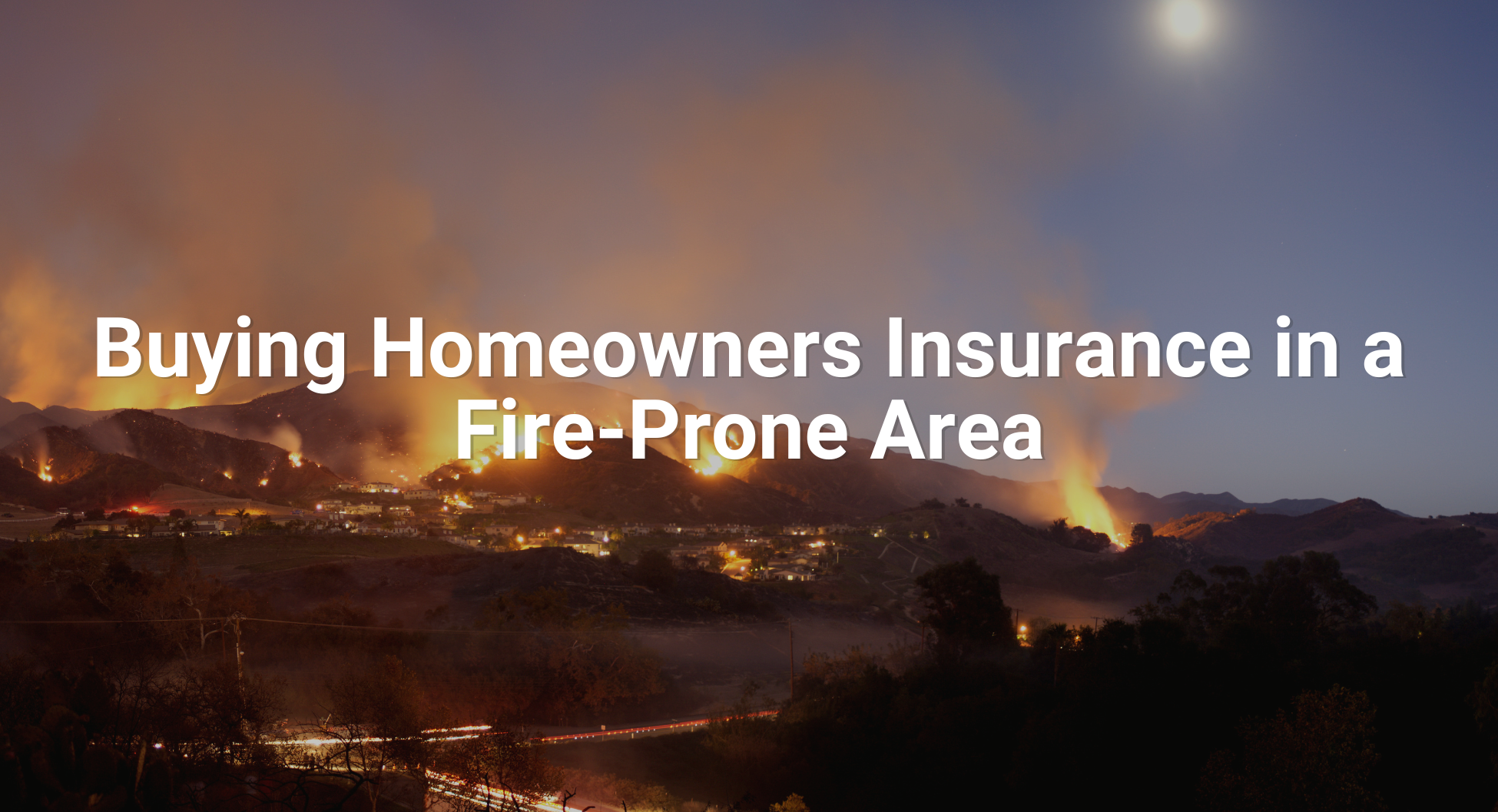Insurance companies are always trying to reduce risk to improve their bottom line and, if idealists are to be believed, to prevent the heartache associated with the problems insurance is designed to cover.
A few months back, I received a little love note from my insurance company stating that if I wanted to maintain my home’s coverage, I had to complete their seven-item checklist. Some of the recommendations were reasonable, like trimming the branches hanging over the house and removing a tree. I was happy to comply with these requests. However, the list also included items that did not pertain to insurance-related risks, and frankly, were none of their business. For example, they didn’t like the fence next to my driveway. Mind you, this fence is purely aesthetic. It isn’t intended to prevent someone from falling down a mountainside or anything.
Since I complied with their requests, they couldn’t cancel my insurance coverage mid-term. However, once the current term was up, I received a letter letting me know they would not renew my policy. No reason was given. Just, “Nice knowing you. Good luck.”
Apparently, I’m not the only one. After my client paid to have trees and brush removed to create a fire-safe clearing of 100 feet around his home, he received a similar letter canceling his insurance. When he started shopping for a replacement policy, he discovered his annual premium would go from about $4,000 to $20,000.
Since he owns his home is free and clear, he’s debating about going without insurance, something I don’t recommend. However, given our fire-prone region, it’s getting harder and harder to find affordable homeowner’s insurance. It’s hard to blame the insurance companies when the last five years have seen thousands of homes in Mendocino, Lake, and Sonoma Counties go up in flames.
For those of us who choose to live here, we need to understand that insurance companies will set premiums based on the risks they are taking—and that insurance companies may demand new building standards to deal with the effects of climate change. With more frequent and intense wildfires, and potentially stronger storms of all sorts, we’re seeing a continuing trend in new construction and subdivision planning to mitigate risk.
Construction materials are changing from clear heart redwood siding and Hollywood shake shingles to Hardie Board siding and non-flammable roofing. In many areas, builders are opting for (or being required to use) fire-hardened windows. In addition, subdivisions are being designed with a stronger emphasis on emergency evacuation.
We’re also seeing a significant change in landscaping with designs that keep flammable shrubbery further from homes and a reduction in ladder fuels under trees, which can move a small grass fire into a significantly more dangerous tree or crown fire.
While I don’t blame insurance companies for aligning their premiums with risk, I do believe that some are using climate change as an excuse to raise rates even when there is no evidence of increased risk.
As an example, I own a four-plex in the middle of town and the homeowner’s insurance company for that property sent me a note demanding that I install a fire alarm and burglar alarm in each unit to be monitored 24-7 by a dedicated phone line. The alarm installation would have cost more than $20,000, and that didn’t include the cost of the phone line or the monitoring fee from the alarm company, plus any costs to maintain equipment. I opted to find an insurance company that wanted my business, rather than one looking for an excuse not to have it.
If you cannot find homeowner’s insurance, there is a company of last resort—the California Fair Plan—which will insure almost any structure against fire and extended losses. However, because they accept all risks, they’re very expensive. Also, they don’t provide liability insurance, so you’ll need to purchase that elsewhere.
Since most people cannot afford to purchase a home without financing, homeowners’ insurance is a must. Lenders typically dictate the type and amount of insurance you need to qualify for their loan. You may think the insurance premium is too high, but candidly, lenders don’t much care what you have to pay for it so long as you get it.
If you have questions about property management or real estate, please contact me at [email protected] or call (707) 462-4000. If you have an idea for a future column, share it with me and if I use it, I’ll send you a $25 gift certificate to Schat’s Bakery.


